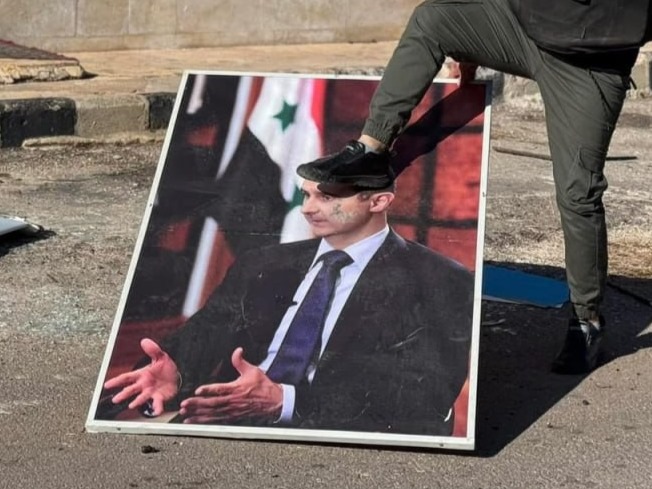Before the civil war, open sources estimate that total illicit outflows from Syria were between 2000 and 2009 were $23.6 billion. A Western source told us that he drove with a Syrian MP from Damascus to Beirut across an unmarked border crossing between Syria and Lebanon. The MP flashed a pass, Syrian soldiers raised a barrier and they passed invisibly into Lebanon. Shortly afterwards the MP stopped his car at a small branch of a Lebanese bank, opened the boot and took out two medium sized holdalls of cash which he took to the branch to pay in so he could use the money abroad. Extortion and money-laundering abroad were normal.
The civil war enabled the democratisation of kleptocracy from the elite down to the regime’s foot soldiers. “Since the start of the war, every shabiha [informal regime militiaman] with a gun made money. Anyone’s property in Syria could be seized by the regime. They detained, tortured and murdered their way into getting their hands on whatever they wanted – real estate, farms, factories, cars, jewellery, the whole economy,” a Syrian economist told us. “How do you quantify what they managed to steal and smuggle abroad? It’s going to take a long time to work out even a rough amount, but it’s tens and tens of billions of dollars, if not more.”
“Once the war started and Assad lost control of parts of the country – and the oil fields – the regime went crazy for money to keep bribing their people to stay loyal. They did anything. Bashar’s people traded oil with ISIS. They turned Syria into the largest drug manufacturer in the Mediterranean, pumping out billions of dollars’ worth of captagon and flooding the Gulf, and the global market for the drug” according to a UK security source. Open sources estimate that the regime made $5.6 billion from captagon from 2020 to 2023 and a total amount of $10 billion.
Syria’s cultural artefacts have also been looted and sold by Bashar’s regime. An investigation by Field revealed that captagon smuggling networks were also used to smuggle artefacts of all sizes. Smaller pieces would generally be flown out of Beirut airport, with the active involvement of Hizbullah’s security network. Larger pieces were transported overland often through Turkey. The Beirut – Damascus highway has rows of shops selling early Christian and Roman carved stone as “garden ornaments”. Beirut’s antique street is full of 18th and 19th century mother inlaid wood and mother of pearl furniture looted from family homes and museums.
“Syria is going to need huge sums to recover, perhaps $400 billion,” the Syrian economist told us. “Syrians are already returning to the country in big numbers. We don’t want aid, we are proud people. We just want our own money back and we can pay for it ourselves. If we can track it all down, maybe we will find $400 billion.”


